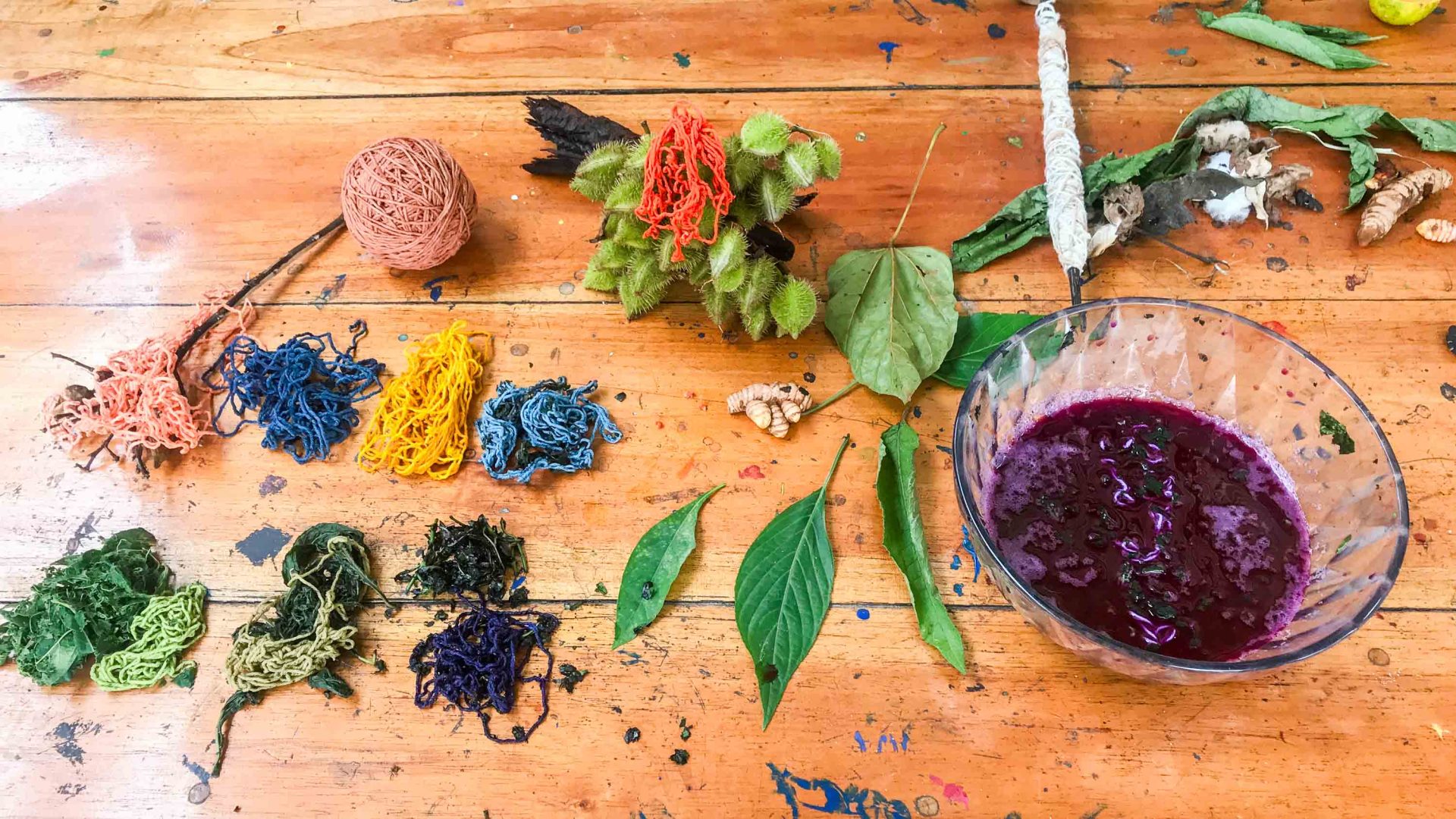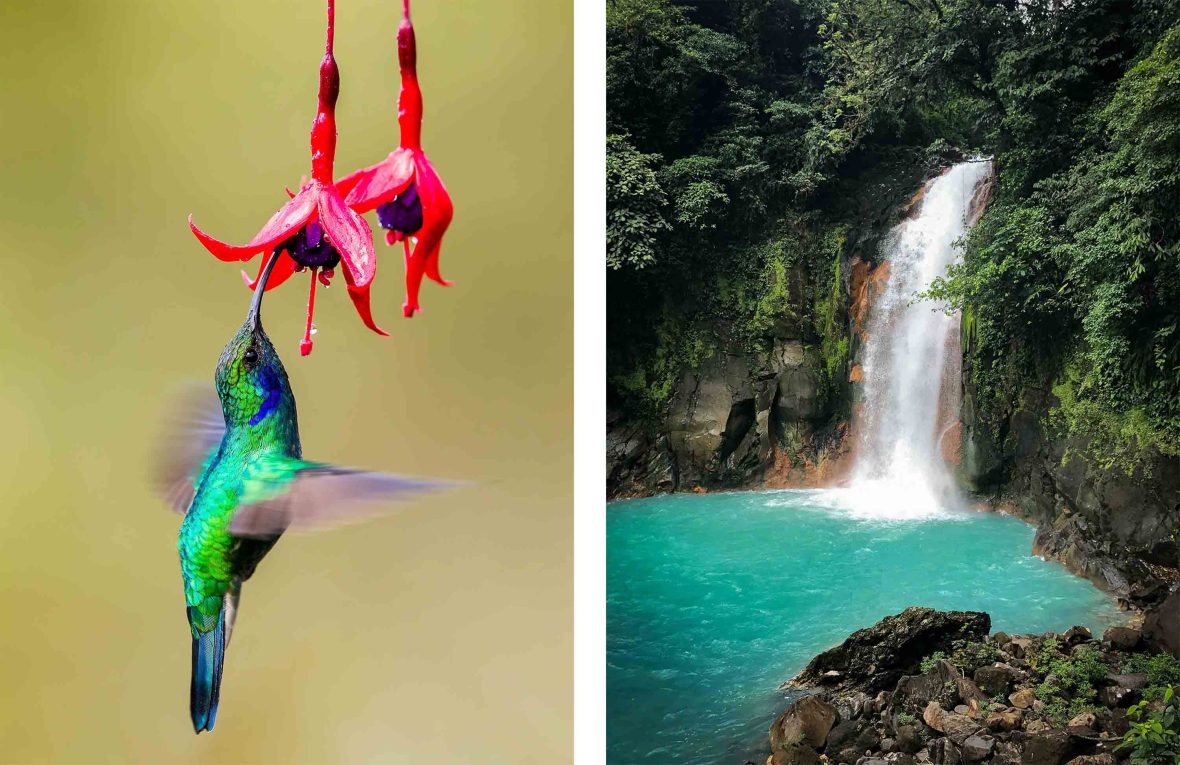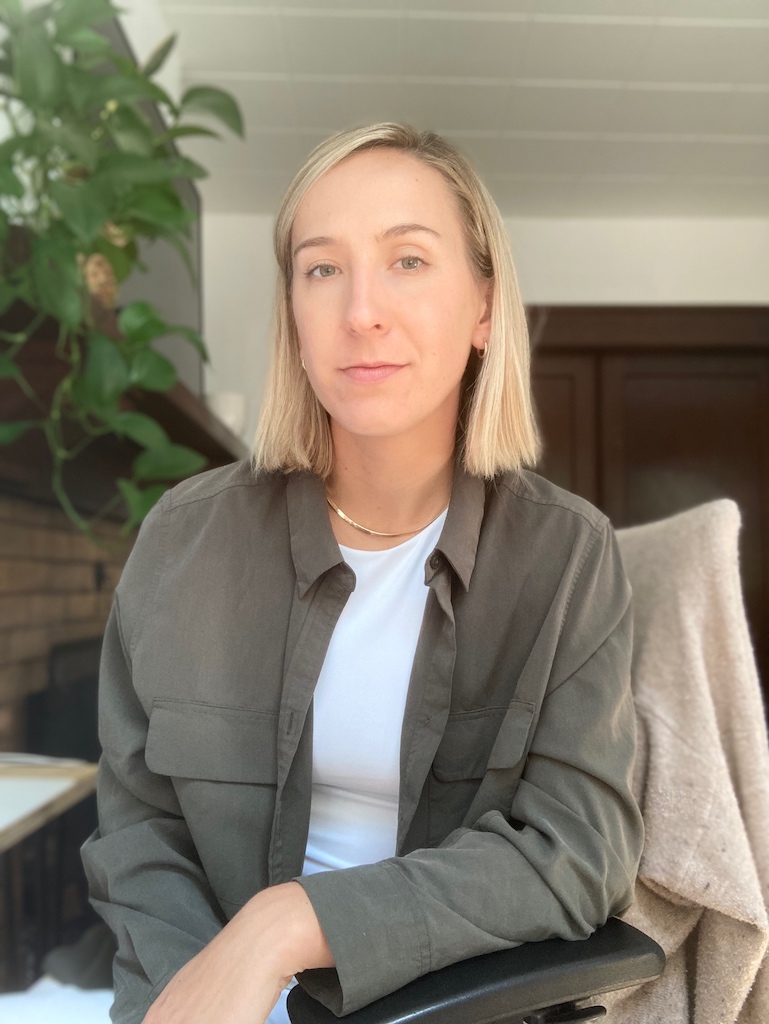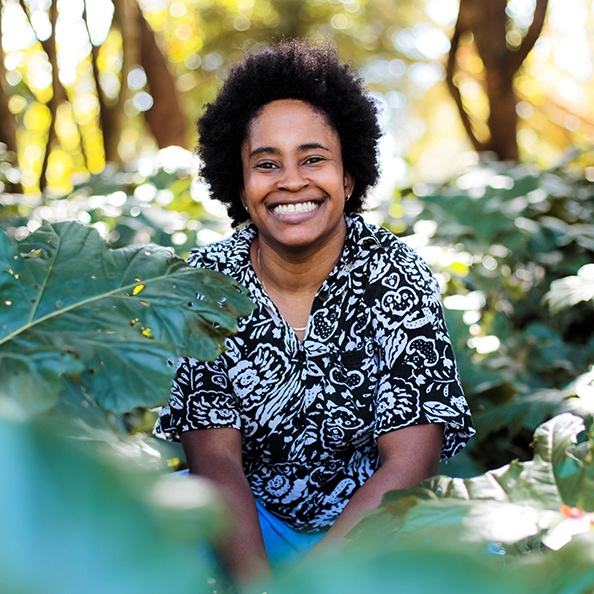
Indigenous experiences can often make for more meaningful encounters on your travels, that are good for you and the communities you visit. Here’s how Intrepid Travel is including Costa Rica’s Terraba community in its trips in a sustainable way.


Indigenous experiences can often make for more meaningful encounters on your travels, that are good for you and the communities you visit. Here’s how Intrepid Travel is including Costa Rica’s Terraba community in its trips in a sustainable way.
The Terraba community—one of Costa Rica’s eight Indigenous groups—have lived off the land for more than 500 years. There are around 6,000 Terraba people living in Central America, with the largest population in Panama and a smaller pocket (around 2,000) found throughout Costa Rica’s Puntarenas province.
We caught up with Eulalia Villanueva, a 70-year-old Terraba matriarch, to learn more. She grew up within the traditional Terraba community Intrepid now supports and visits, leaving to work in the capital San José for six years before returning to her roots, getting married and raising four sons.

According to Eulalia, Terraba women have always played a vital role within their communities. As well as taking care of domestic duties—peeling rice, grinding corn, collecting firewood, washing laundry in the river and raising families—girls and women have also been known to work in the fields alongside their male counterparts.
“I had to do it from a young age, about 13 or 14 years old,” she recalls. “But life is very different now. Young women have more opportunities. That’s very good—if they manage to take advantage of it. I think it’s important that women are trained so that they can learn and change and have a different life.”
In matriarchal Terraba communities, women are revered for their key role in educating the younger generations about their history, ancestral lands and heritage. “This is a place where we carry forward culture,” says Eulalia.
“When [travelers] feel good and enjoy their stay, that’s what it’s all about. In the same way, we appreciate their respect for nature and our culture.”
- Eulalia Villanueva
There’s a reason this practice is so highly regarded. Due to decades of deforestation on Terraba lands by commercial and non-Indigenous enterprises, compounded by lack of governmental support, Terraba people’s primary means of taking care of themselves—agriculture—has been compromised, and their way of life threatened. By 2010, less than 1 percent of Terraba people in Costa Rica could speak their native language.
For Eulalia, the fight for equality isn’t just about gender, but recognition for Indigenous people as a whole. “We are people, men and women, equal to everyone else’ she says. “It is important that institutions care about Indigenous territories, provide us with training for girls, adolescents and adults so that we can have entrepreneurship and work.
“Several local organizations, such as the INA (National Learning Institute) have reached out and been of great help to me and my family. The INA offers training and scholarships—and if we have a project that we want to develop, they provide us with resources.”

Indigenous people the world over are often on the frontline when it comes to safeguarding the planet’s precious forests, wildlife and waterways. The Terraba have fought to protect and restore the natural resources that some businesses wish to exploit.
In 2018, a hydroelectric dam project was shelved in response to protests and UN-backed legal action. Had it gone ahead, the dam would have flooded swathes of Terraba-owned land—displacing over 1,500 people and devastating an entire community.
In Costa Rica, where abundant wildlife and natural beauty are a huge part of what attracts visitors, sustainable tourism has a powerful role to play—and can help educate and inform the wider world about the threats these ecosystems and ancient cultures face.
Eulalia agrees. “One of the main attractions here is nature. Here, travelers can breathe fresh air and relax. They can explore our farm and spot wild animals in the surrounding trees. Before, there was a lot of deforestation and water problems—but thanks to various volunteering projects, trees have been replanted and our streams have a good volume of water.”

So how can travelers ensure they’re doing right by communities such as the Terraba?
For Eulalia, it’s important that the relationship is one of mutual kindness and respect. “When [travelers] feel good and enjoy their stay, that’s what it’s all about. In the same way, we appreciate their respect for nature and our culture.”
Progress doesn’t come overnight. There’s still a way to go before Eulalia and her fellow Terraba feel like equals in Costa Rican society—but the future is looking bright.
In Eulalia’s hometown, Intrepid travelers take part in a traditional mask-carving workshop and share a meal with their hosts. They may also get the chance to learn about age-old textile dyeing techniques or cacao-making processes. But, she stresses, it’s not all for show.
“There are many people who impress with fictitious ‘cultural’ displays, but in our case what we offer is real. From our art and crafts to our traditionally made chocolate—we do not lie. If we offer something to travelers, it is because it’s a genuine part of our culture.”

Progress doesn’t come overnight. There’s still a way to go before Eulalia and her fellow Terraba feel like equals in Costa Rican society—but the future is looking bright.
Eulalia didn’t have the opportunity to grow up speaking the native language of her ancestors. But her grandchildren do. As younger generations of Terraba gain more opportunities to broaden their education and expand their horizons, many of them eventually return home to give something back to their community.
“Our teachers, for example—they are from our community. They went away for their studies and returned to help pass on our culture, language and traditions. For us as parents and grandparents, this is a source of great pride, because it means that our youth will have a different life.”
**
Learn more about Terraba culture and experience the best of Costa Rica on this eight-day small group adventure.
***
Adventure.com strives to be a low-emissions publication, and we are working to reduce our carbon emissions where possible. Emissions generated by the movements of our staff and contributors are carbon offset through our parent company, Intrepid. You can visit our sustainability page and read our Contributor Impact Guidelines for more information. While we take our commitment to people and planet seriously, we acknowledge that we still have plenty of work to do, and we welcome all feedback and suggestions from our readers. You can contact us anytime at hello@adventure.com. Please allow up to one week for a response.








Can't find what you're looking for? Try using these tags: